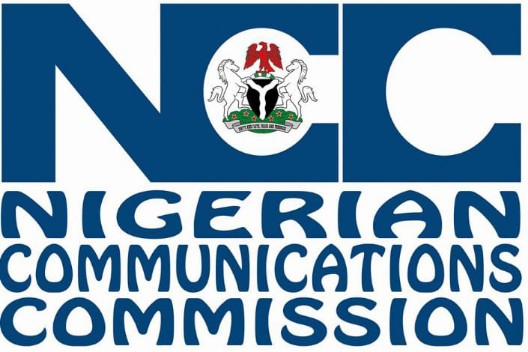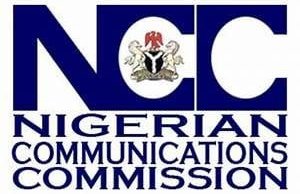The Nigerian Communications Commission (NCC) has put in place an initiative to simplify tariff plans by operators to ensure transparency and a consumer-friendly telecom landscape.
NCC Director of Consumer Affairs Bureau, Ikechukwu Adinde, made the disclosure during a two-day training recently held for media stakeholders in Lagos.
Adinde spoke about the complexities within the current tariff system. He said proliferation of promotional elements and plan add-ons often leaves consumers overwhelmed and unable to select plans that best suit their needs.
“Our goal is to streamline options, allowing consumers to clearly understand and compare what is available. With fewer choices, people can make informed decisions with confidence.
“The NCC data shows the extent of the challenge; one network currently has 14 voice plans and 145 data plans, while another has 27 voice plans and 41 data plans.
“By reducing these options, NCC seeks to simplify the market and enhance consumer satisfaction. The initiative also aims to tackle data depletion concerns,” Adinde said.
The NCC Director advised consumers to actively monitor their data usage. He said the educational campaigns and online resources of the Commission has provided guidance on data management and optimisation.
“Through publishing approved tariff plans on our website and providing data usage tips, we are dedicated to improving consumer awareness,” he added.
With this tariff simplification, the NCC anticipated a more consumer-friendly telecom landscape, prioritising transparency and ease of use for Nigerians navigating data and voice options.
The Commission stated that it will publish approved data plans in the telecoms industry as part of its policy on tariff simplification and to maintain consumer satisfaction.
The NCC believed the move will not only ensure that Nigeria’s telecoms industry remain profitable, but also be consumer-centred and sustainable.
Under the policy, the NCC insisted that no telecom operator in Nigeria will have more than seven approved data plans, explaining that tariff stands on its own, while the promo element can be dealt with separately.
According to the Commission, too many data plans by telecom operators would end up confusing the consumers, which would hinder the current growth and development of the telecom industry in the country.
The NCC said it would continue with the implementation of measures that guide against anti-competition in the industry, especially as no GSM can set anti-competition price or work against each other in the cross-subscribers’ areas.
Specifically, the NCC said it would continue to account for spectrum of GSM operators in the country, collapse and price control.
As part of these measures, NCC would ensure submission of yearly audited reports by GSM companies operating in Nigeria, continuous consumer education, number portability among GSM operators and periodic spectrum auctions in the country.
It NCC further explained that its regulatory powers, derived from Nigeria’s Telecommunications Policy National Act of 2003, regulate resources in the industry, spectrum, equipment, competition among operators, and approval of services, including value-added services such as WhatsApp, Facebook, LinkedIn and others.
NCC assured that it would publish approved data plans for GSM operators soon, to strengthen tariff simplification and consumer satisfaction.






























